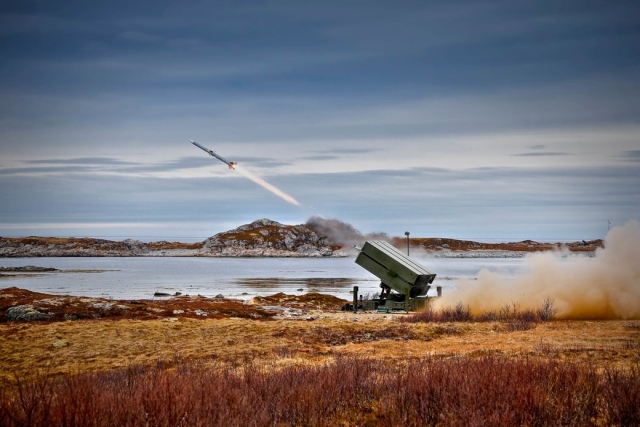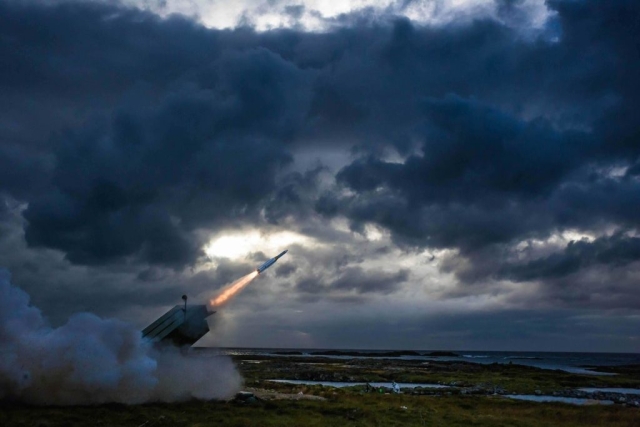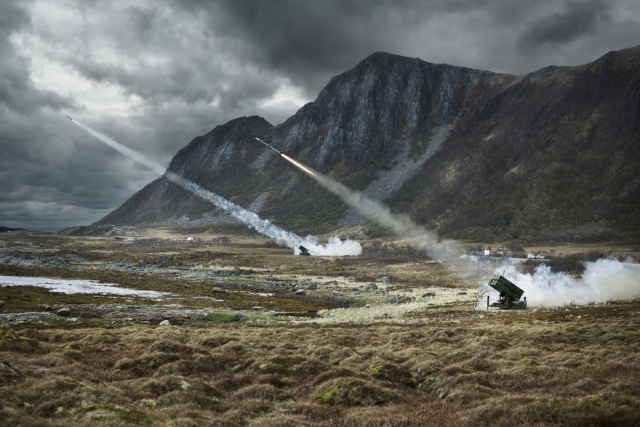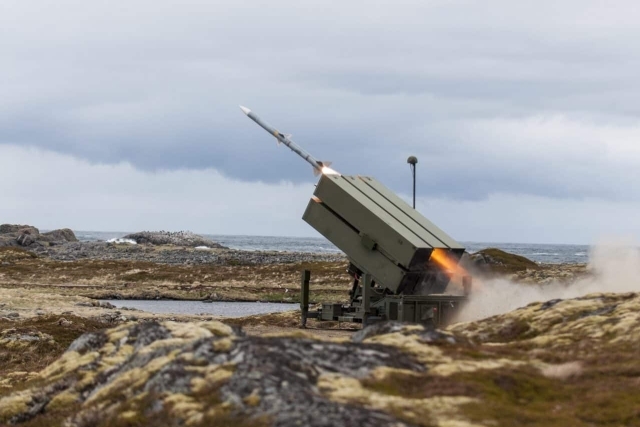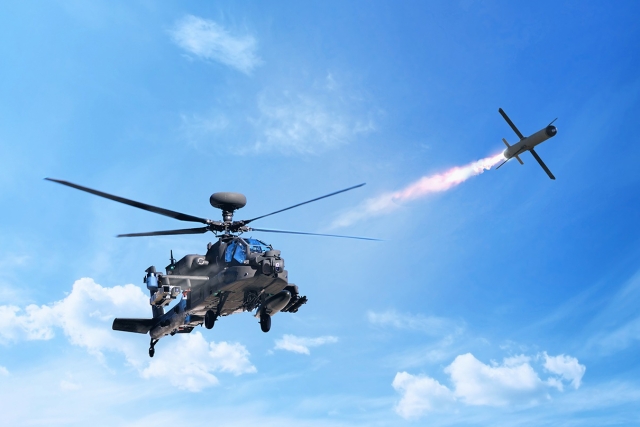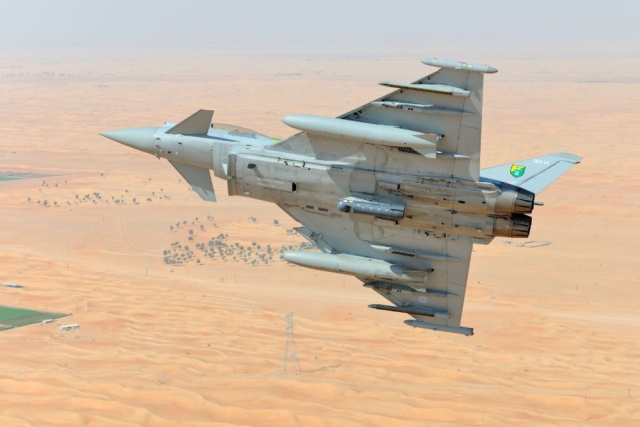Spain Providing Air-defense Support to Paris Olympics 2024
The country has deployed an Anti-Aircraft Defense Unit (UDAA) with NASAMS systems in Marseille and five canine teams in Paris
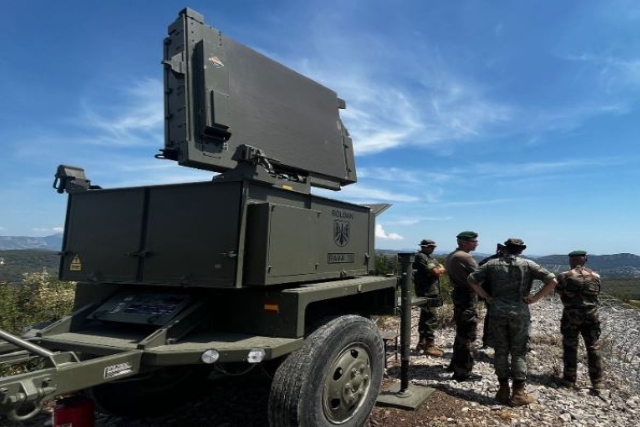
Spain has deployed an Anti-Aircraft Defense Unit (UDAA) equipped with NASAMS in Marseille and five canine teams in Paris to support the Paris Olympic Games, which begin today with several competitions.
The official opening ceremony is set for Friday, July 26, along the Seine.
France has requested military assistance from allied countries to enhance security during the Games. In response, Spain's contribution focuses on air defense and explosives detection.
The Spanish Armed Forces are reinforcing France's air defense system through the UDAA radar, enhancing detection and surveillance capabilities. Integrated into the French Air Force's command and control structure, the Spanish unit is stationed in the Marseille region.
The deployment includes 36 soldiers from the 73rd Anti-Aircraft Artillery Regiment based in Cartagena, and six soldiers from communications units in Madrid and Seville. These units operate under the Army's Anti-Aircraft Artillery Command.
Key equipment includes NASAMS fire control center; AN/MPQ-64M1 'SENTINEL' radar for 360º surveillance, tracking, and target identification; and 'Algeciras' communication station for integration into the French defense system.
Additionally, Spain's canine unit, part of the multinational force operating in Paris, is tasked with detecting explosives. Coordinated by the 132nd Canine Infantry Regiment of France, these teams are active in Saint Germain-en-Laye, 30 km from Paris. Other countries involved include the Netherlands, Poland, Norway, Denmark, Italy, Great Britain, Lithuania, and Belgium.
Spain's contribution consists of five canine teams—five guides and six dogs—from various branches. These teams collaborate with the French Army's Cynological Units, National Police, Gendarmerie, and Bomb Disposal Units to detect explosives in sports facilities, vehicles, and buildings.
